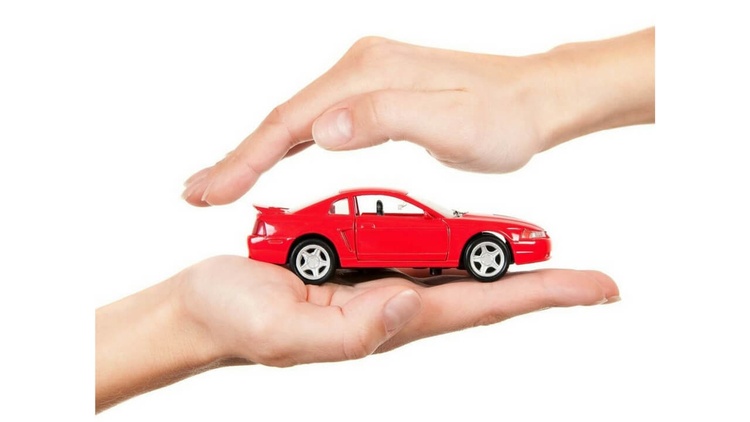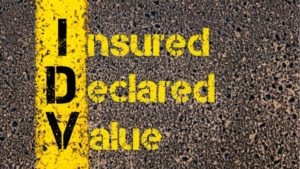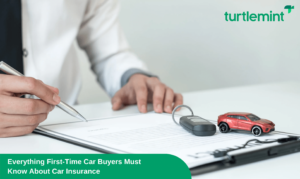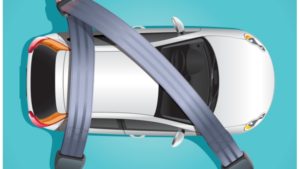
If you own a car, chances are that you love it, much as your parents love you. What you might not love, however, is the high premium that you may need to dole out every month just to insure your mechanical baby!
There are 11 rating factors used by car insurance companies to decide what premium amount they should be charging you. Read on to check and ensure that most of them are in place so that your car insurance plan doesn’t make a deep hole in your pockets:
#1 Car model and age
Insurance rates are greater for car models that have a high market value and need costly spare parts or fuel. Therefore, new cars, imported cars, and cars that run on diesel, all carry high insurance rates. Insurers know that though damage to an old car may need more repair, you are likely to junk or replace it in the case of an accident
#2 No Claim Bonus (NCB)
Depending on the number of continuous claim-free years, you can get up to 50% discount on your car insurance premium. You can find the NCB amount in your policy document.
Read more about Car insurance terminologies you should know
#3 Coverage and deductibles
If you’ve failed to get the recommended coverage in the past, you may need to pay a higher premium now. The good news, though, is that you can lower the premium costs by selecting a higher deductible (the amount you will need to pay to claim the cover). Although add-on covers increase the premium rate charged, they are well worth it as they increase the protection provided. The No claim Bonus Protect add-on by Turtlemint is totally value-for-money, as it lets you make an annual claim without losing your NCB discount!
#4 Car usage
Insurance premium rate will be higher than normal for you if you use your car for commercial purposes. This is because your car probably covers more ground than a car engaged in personal use. The time when you drive the car also affects the insurance rate; in the case you frequently drive at night, you’re at a higher risk of going bump in the dark, and because of this, you’ll pay a higher premium.
#5 Location
Your neighbourhood and car registration zone too influence the insurance rate. You’ll get a much better deal if you live in a safe neighbourhood with a lower crime rate. As a rule, premiums are higher in the metropolitan cities than smaller towns. This is because, a car in a densely populated area is more vulnerable to crime, traffic and accidents, as well as, higher repair costs.
#6 Profession
A profession that requires a lot of travelling will attract a higher insurance rate; If your job asks you to travel a lot, chances of a mishap on the road are greater for you than for someone with a shorter or fixed work commute.
#7 Anti-theft and safety devices
If your car is susceptible to damage or theft, it’ll carry a higher insurance rate. An easy way to improve the security rating of your car is by buying an anti-theft device (as offered by AutoCop, Minda, Nippon and Xenos). This will give you a 2.5% discount on your premium.
#8 Credit Score
An insurer will usually go over your credit history and financial status to find out your credit score before deciding what to charge you. If you’ve been smart about how you manage your finances, you’ll have a healthy credit score, and a lower insurance rate.
Know more about Credit score.
#9 Gender and Age
Be ready to pay a higher premium if you are a man and/or under the age of 25. Studies have shown that men and younger drivers are more prone to rash driving and collisions than women and older drivers who tend to be cautious on the road.
#10 Marital status
If you’re married, you can drive the premium costs down by combining insurance policies with your spouse. In addition, married drivers are generally believed to be more responsible since they get into fewer traffic violations and accidents as compared to unmarried drivers. Therefore, tying the knot can really bring down your car insurance rates, especially if you are 25 years or less!
#11 Driving history
A perfect driving history with a clean record of no violations or prior claims will come in handy when you go to apply for or renew your car insurance. A bad record, on the other hand, can raise your premium rate or even cost you the insurance, as not many insurers will safeguard a risky driver. So, remember to drive safe!
Contact a specialist today to review your car insurance policy and learn how these 11 factors are affecting your car insurance rate. You can also click here to compare car insurances and save up to 60%.
Read more about Anatomy of car insurance
Read more about Car insurance terminologies you should know




























